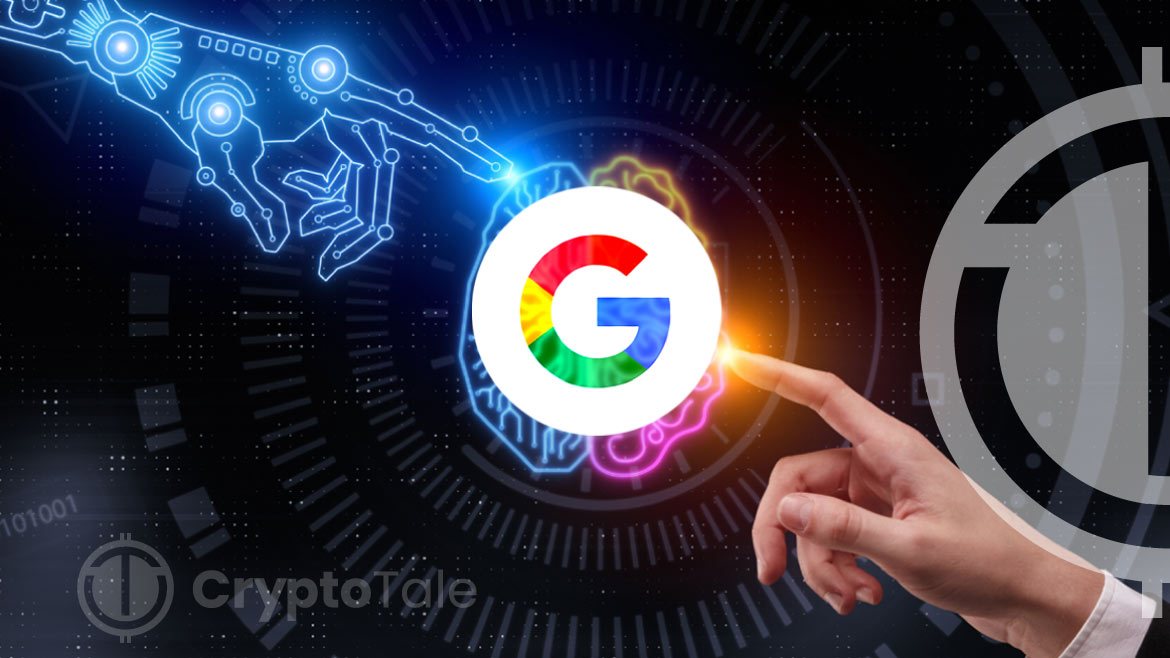- Google launches Gemma 2 series, featuring Gemma 2 2B, ShieldGemma, and Gemma Scope for enhanced AI safety and performance.
- Gemma 2 2B offers exceptional performance, running efficiently on various hardware from edge devices to cloud systems.
- ShieldGemma filters harmful content like hate speech and harassment, ensuring safer AI-generated outputs.
In an astounding development in artificial intelligence (AI), Google has announced the release of three new models under its open-source Gemma 2 series. The July 31 announcement introduces Gemma 2 2B, ShieldGemma, and Gemma Scope, each designed to enhance safety, efficiency, and transparency in AI development.
Gemma 2 2B: Revolutionizing Performance Across Hardware
Gemma 2 2B is a lightweight model optimized for a variety of hardware, ranging from edge devices to cloud infrastructures. As per Google, Gemma 2 2B stands out for its exceptional performance, surpassing models like GPT-3.5 on benchmarks, and is accessible for both commercial and research applications. The model’s efficiency and versatility make it an ideal tool for developers seeking powerful yet cost-effective AI solutions.
How Does ShieldGemma Ensure Safe AI Use?
ShieldGemma, another addition to the series, addresses the critical need for content safety in AI-generated outputs. Acting as a robust safety classifier, ShieldGemma filters harmful content, including hate speech, harassment, and sexually explicit material. This model is pivotal for maintaining ethical standards and ensuring the responsible deployment of AI technologies.
Exploring AI Decision-Making with Gemma Scope
Gemma Scope offers unprecedented insight into the inner workings of the Gemma models. Utilizing sparse autoencoders, it provides researchers with a clearer understanding of how the AI processes information and makes decisions. This transparency is crucial for enhancing the reliability and trustworthiness of AI systems, making them more interpretable and accountable.
Artificial Intelligence takes Center Stage at Blockchain Futurist Conference 2024 in TorontoIndustry Trends: How Are Other Tech Giants Addressing AI Safety?
The launch of these models comes amidst growing concerns about AI safety and ethics. The release coincides with broader industry efforts to promote responsible AI practices, including recent initiatives by other major tech companies. For instance, Meta’s launch of LLaMA 2 and Emu models similarly focuses on transparency and ethical AI development. Additionally, the Frontier AI Safety Commitments, supported by leading firms like Google, Amazon, and OpenAI, underscore the industry’s commitment to safer AI deployment.
Global Regulation: What Does the EU AI Act Mean for AI Development?
This announcement also aligns with global regulatory movements, such as the EU AI Act, which is setting new standards for AI system transparency and risk management. These developments collectively mark a significant shift towards more responsible AI innovation, emphasizing the need for safety tools and transparent practices.






